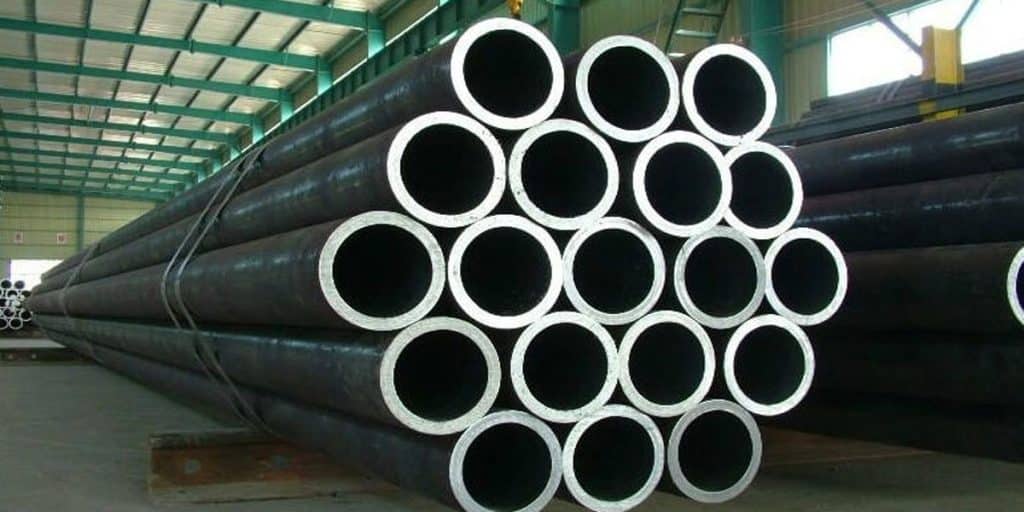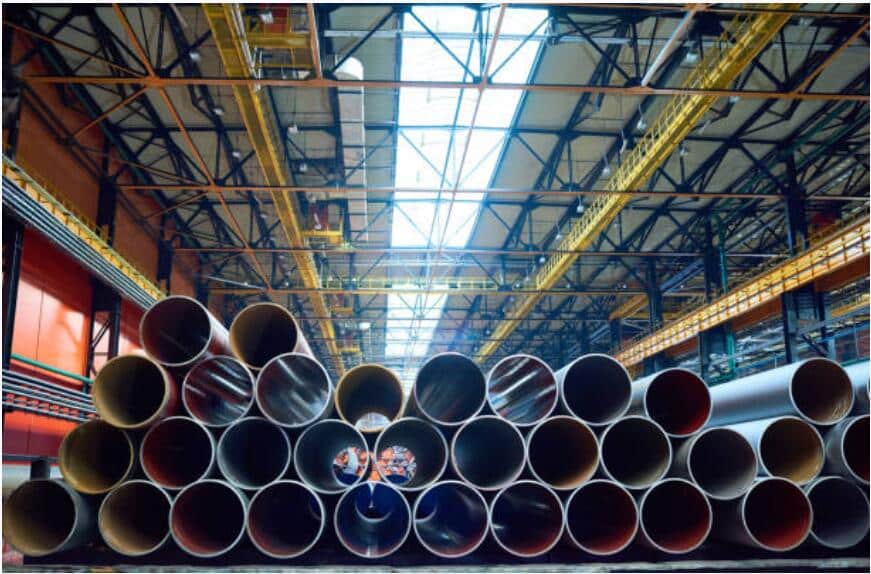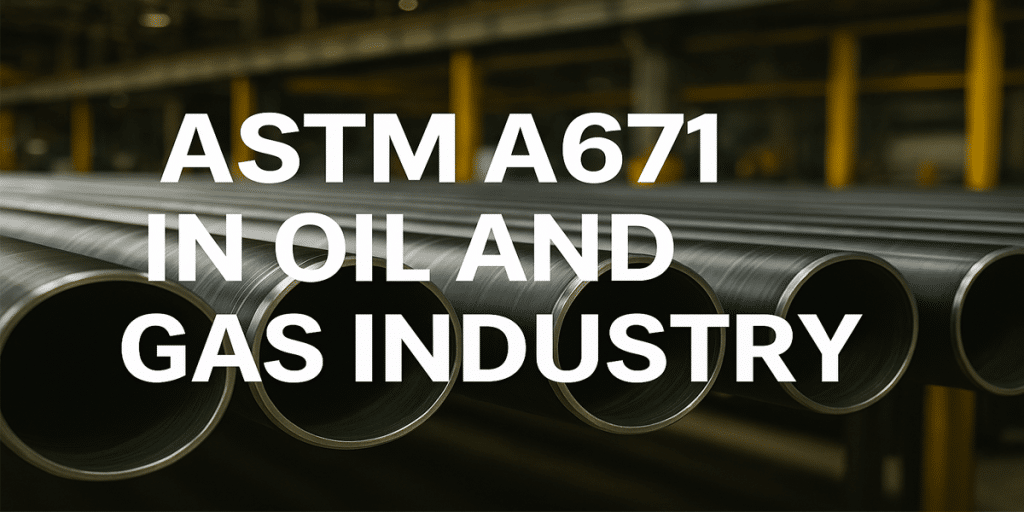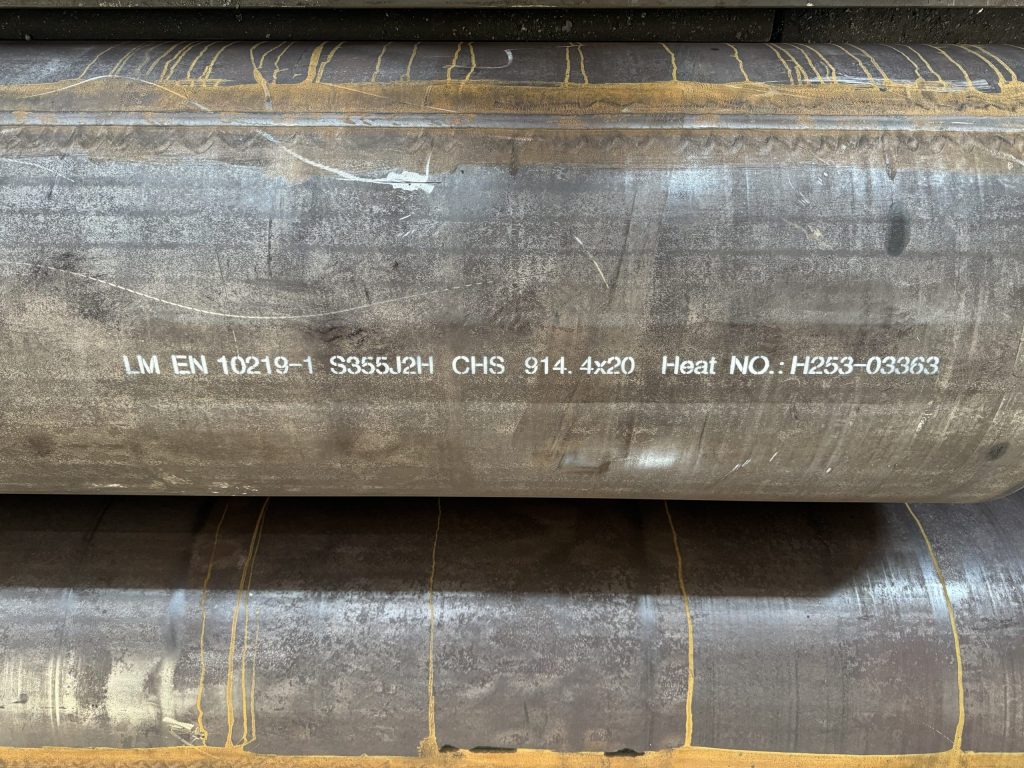In industrial engineering, water supply systems, oil and gas pipelines, and structural applications, ASTM A53 Grade B (ASTM A53 Gr B) is a widely used carbon steel welded and seamless pipe standard. Known for its excellent strength, weldability, and cost-effectiveness, it also offers a variety of wall thickness options (Schedules), providing high adaptability across different applications.
This article analyzes the differences between Sch 20, Sch 40, Sch 80, and XXS wall thicknesses from the perspectives of engineering design, pressure rating, fluid media, and safety factors, offering recommendations for selecting the most suitable ASTM A53 Grade B pipe for your project.
Understanding the Core Requirements of ASTM A53 Grade B Standard
According to the ASTM A53/A53M – Standard Specification for Pipe, Steel, Black and Hot-Dipped, Zinc-Coated, Welded and Seamless standard, ASTM A53 Grade B is a medium carbon steel pipe suitable for pressure-bearing, machining, and structural applications.
Common manufacturing types include:
- Type E (ERW): Electric Resistance Welded (commonly used in medium- and low-pressure systems)
- Type S (Seamless): Seamless pipe (used in high-pressure or high-temperature applications)
- Type F (Furnace Welded): Furnace welded pipe (typically used for low-pressure, non-critical applications)
Key Mechanical Properties (according to ASTM A53 Grade B Specification):
| Property | Requirement |
| Yield Strength | ≥ 240 MPa (35,000 psi) |
| Tensile Strength | ≥ 415 MPa (60,000 psi) |
| Elongation | ≥ 20% |
These properties make ASTM A53 Grade B pipes ideal for oil and gas, water, fire protection, and structural piping systems.
What is “Schedule (Wall Thickness)?”
“Schedule” (abbreviated as Sch) refers to the wall thickness classification, which indicates the pipe’s wall thickness and, in turn, its pressure-bearing capacity and weight.
Common schedules include:
- Sch 20: Thin wall, lightweight, suitable for low-pressure fluid transport.
- Sch 40: Standard wall thickness, the most widely used.
- Sch 80: Thick wall design, suitable for medium- to high-pressure systems.
- XXS (Double Extra Strong): Extra thick wall pipe used in extremely high-pressure or safety-critical environments.
Example: For ASTM A53 Grade B 3” Pipe (DN 80):
| Wall Thickness | Wall Thickness (mm) | Pressure Rating (approx.) | Typical Applications |
| Sch 20 | 2.87 mm | ~2.8 MPa | Low-pressure ventilation, drainage systems |
| Sch 40 | 5.49 mm | ~6.9 MPa | General industrial, building water systems |
| Sch 80 | 7.62 mm | ~10.3 MPa | High-pressure pipelines, steam systems |
| XXS | 11.13 mm | ≥13 MPa | High-pressure boilers, oil and gas transmission lines |
How to Choose the Right Wall Thickness? — From an Engineering Perspective
Choosing the right wall thickness for ASTM A53 Grade B pipes requires considering system pressure, media type, temperature conditions, and economic costs:
- Select Based on System Pressure
- If the system design pressure is below 3 MPa, Sch 20is sufficient.
- For general industrial and building systems, Sch 40is typically recommended.
- High-pressure gases, steam, or oil and gas pipelinesshould use Sch 80.
- Extremely high safety requirements(e.g., wellheads, refinery systems) should use XXS
- Select Based on Media Properties
- For corrosive liquids or gases, it’s advisable to use ASTM A53 Grade B Galvanized Pipeor corrosion-resistant coatings.
- For high-temperature media(>400°F / 200°C), Seamless Type S pipes with Sch 80 or above are preferred.
- Balance Construction and Costs
- Sch 40is the most commonly used standard thickness, offering a good balance of strength and weldability.
- While Sch 80costs slightly more, its durability and long-term maintenance costs are lower.
LONGMA offers a full range of pipe sizes from Sch 20 to XXS, with flexibility to customize according to customer conditions.
Testing and Quality Control of ASTM A53 Grade B Pipes
Selecting the right wall thickness is just the first step. Ensuring consistent product quality and compliance with testing standards is crucial.LONGMA uses a comprehensive in-house testing system to ensure the quality of each pipe, from raw materials to finished products.
- Spectroscopic Analysis of Raw Materials
LONGMA employs a spectrometer to test each batch of steel coils for C, Mn, P, S content, ensuring compliance with the ASTM A53 Grade B chemical composition standards.
- Weld Seam Non-Destructive Testing (NDT)
As per ASTM A53 Section 9.3, ERW pipe weld seams undergo 100% eddy current or ultrasonic testing to detect internal defects.
LONGMA’s automated NDT systems ensure real-time monitoring of weld quality, preventing defects like slag inclusion or lack of fusion.
- Mechanical Properties Testing
Each batch undergoes the following tests:
-
- Tensile testing
- Flattening testing
- Bending testing
Results are recorded in the Mill Test Certificate (MTC), ensuring full traceability.
- Hydrostatic Testing
In accordance with ASTM A53, each pipe is subjected to hydrostatic pressure testing at 1.5 times the design pressure to verify sealability and safety.
Why Choose LONGMA?
With over 20 years of manufacturing experience, LONGMA specializes in ERW pipes, LSAW large-diameter pipes, and galvanized pipes for export. Our strengths include:
- Strict adherence to international standards: Products fully certified to ASTM A53, API 5L, EN 10217and more.
- In-house laboratory testing: Every product undergoes spectroscopic analysis, mechanical testing, and non-destructive testing.
- Extensive global engineering experience: Products are widely used in Middle East, Southeast Asia, Europe, and the Americas.
With lean management in both production and testing, LONGMA ensures that every ASTM A53 Grade B steel pipe meets high-quality standards for pressure resistance, weldability, and service life, providing safe and cost-effective solutions for your project.
Conclusion
When selecting ASTM A53 Grade B pipes, wall thickness (Schedule) directly impacts both pressure performance and system safety. By carefully evaluating operational conditions and choosing the appropriate Sch 20, 40, 80, or XXS schedule, you can significantly enhance project reliability and cost efficiency.
Choosing LONGMA means choosing standard, quality, and trust. Let us protect your project with our expertise and experience.






